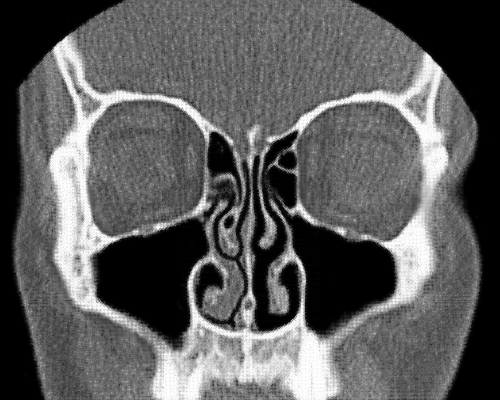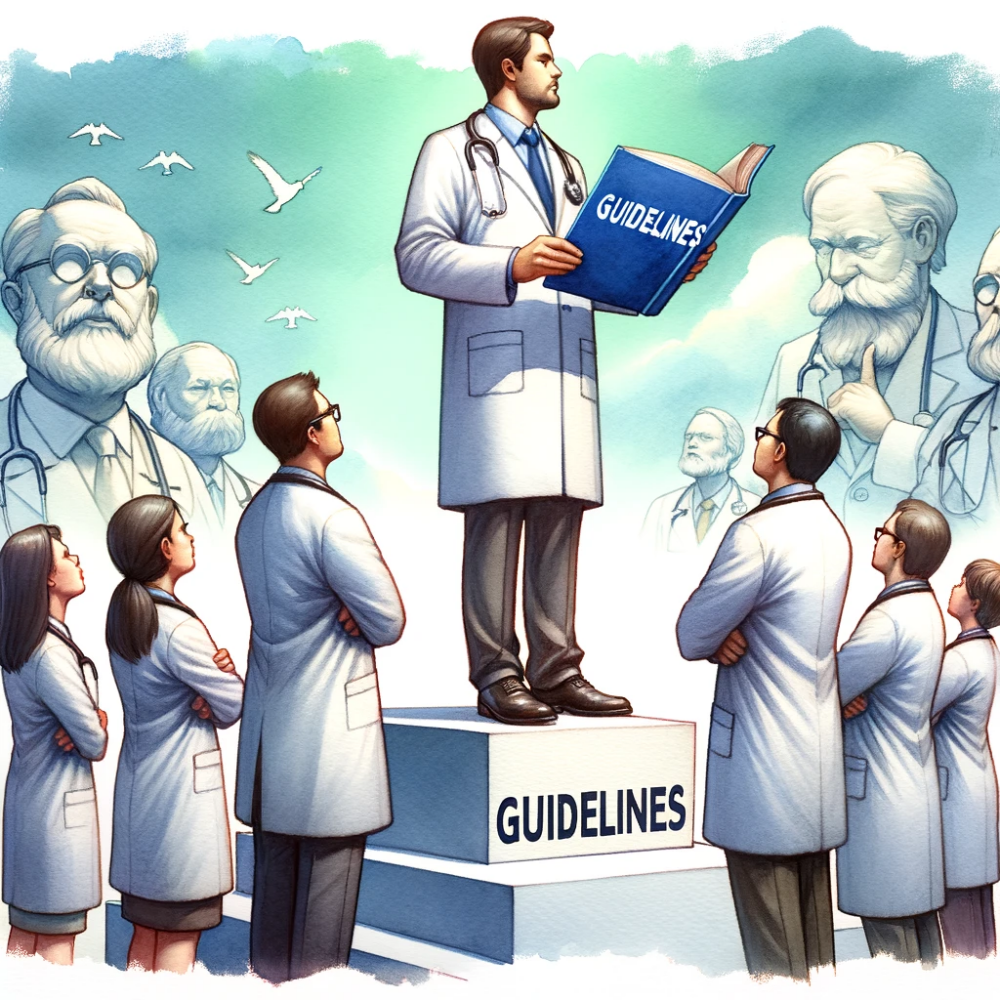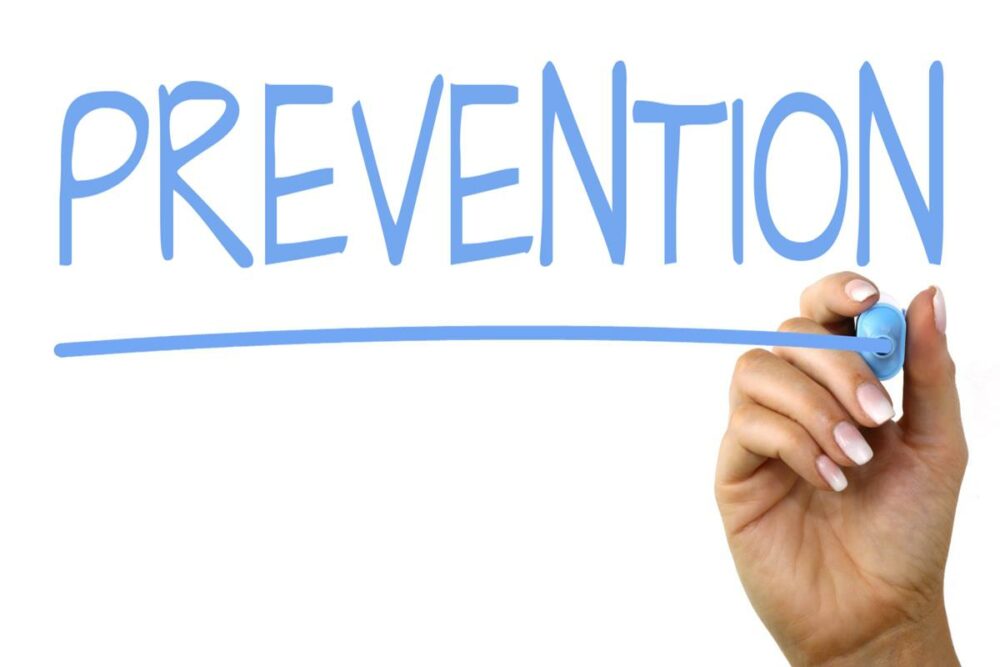James O’Malley recently wrote about status in a way that reminded me of Will Storr’s brilliant book The Status Game. It made me reflect on some disparate thoughts I’ve been having recently about the role of ‘status’ in the medical profession, and especially within public health.
A little while ago, I talked with a colleague who had moved to a new role. Their former role had been equivalent to mine: actively managing local outbreaks and situations involving risks to a geographically defined population. The formal ‘status’ of the new position was no different—the pay was the same and so forth—but the day-to-day was different. The role was part of a national team broadly concerned with developing guidelines rather than having direct input into managing ongoing situations.
I knew that, like me, this person enjoyed the messily complex, ethically challenging, adrenaline-pumping world of managing ‘live’ situations, so this seemed a slightly surprising career move for them. Luckily, I knew them well enough to ask what had possessed them to take on such a different role.
My colleague told me—not quite in these terms—that they felt that the new role had a higher ‘status’: that, in their opinion, developing policy and guidance was a more ‘senior’ responsibility than managing incidents.
I know I sound desperately naive in saying this, but that floored me. I’ve been involved in developing more than my fair share of national guidance and have always seen it as a bolt-on to my ‘core’ job. I felt able to contribute to the development of this sort of thing because of my ongoing practice and experience; it wasn’t a ‘higher status’ bit of my job than, for example, chairing multiagency outbreak control teams.
I suppose I saw writing guidance as a little comparable to teaching. It is an important and worthwhile activity, but pivoting to doing it full-time seems like a career ‘jump’ into a different field, not a ‘status upgrade’ deal.
The idea that some colleagues saw this differently was quite a revelation. I think this is perhaps unique to the public health speciality: I struggle to think of anyone I know in clinical practice who has seen the leap to a job in guideline development rather than clinical practice as a ‘status increase’ in quite this way.
Status can be a funny thing: for it to hold any meaning, there has to be a socially agreed ‘ranking’ of sorts. James talks about the boost he feels when a journalist he respects engages with his work, but part of that ‘respect’ no doubt comes from a social consensus that the journalist is ‘high status’. We might be friends, but I don’t think he’d feel quite the same status boost from me blogging about his post. At the same time, as James points out, different groups have different consensuses: I strongly suspect James wouldn’t be as excited to see a complimentary post on his work from Suella Braverman as from Barack Obama, but they’re similarly statuesque figures to their particular crowds.
Even in a small field like mine, people can see status in different places. I suspect that within individuals, people recognise different things as holding status at different times in their lives and careers. At this point in my career, I would actively decline a ‘promotion’ to a management position, for example, because I value my clinical work too highly. Perhaps later in my career, I’ll value the broader influence that management positions can have.
I guess my reflection is that our own conceptions of status are even slipperier than I’d considered. I think James and Will are right to suggest that status is underestimated as a driver of behaviour, but applying that insight to understand individuals’ behaviour is more complicated than it might initially seem.
- He also said that Succession is better than The West Wing, and without even having seen a single episode of Succession, I’m pretty sure I disagree. ↩
The image at the top of this post was generated by DALL·E 3.








